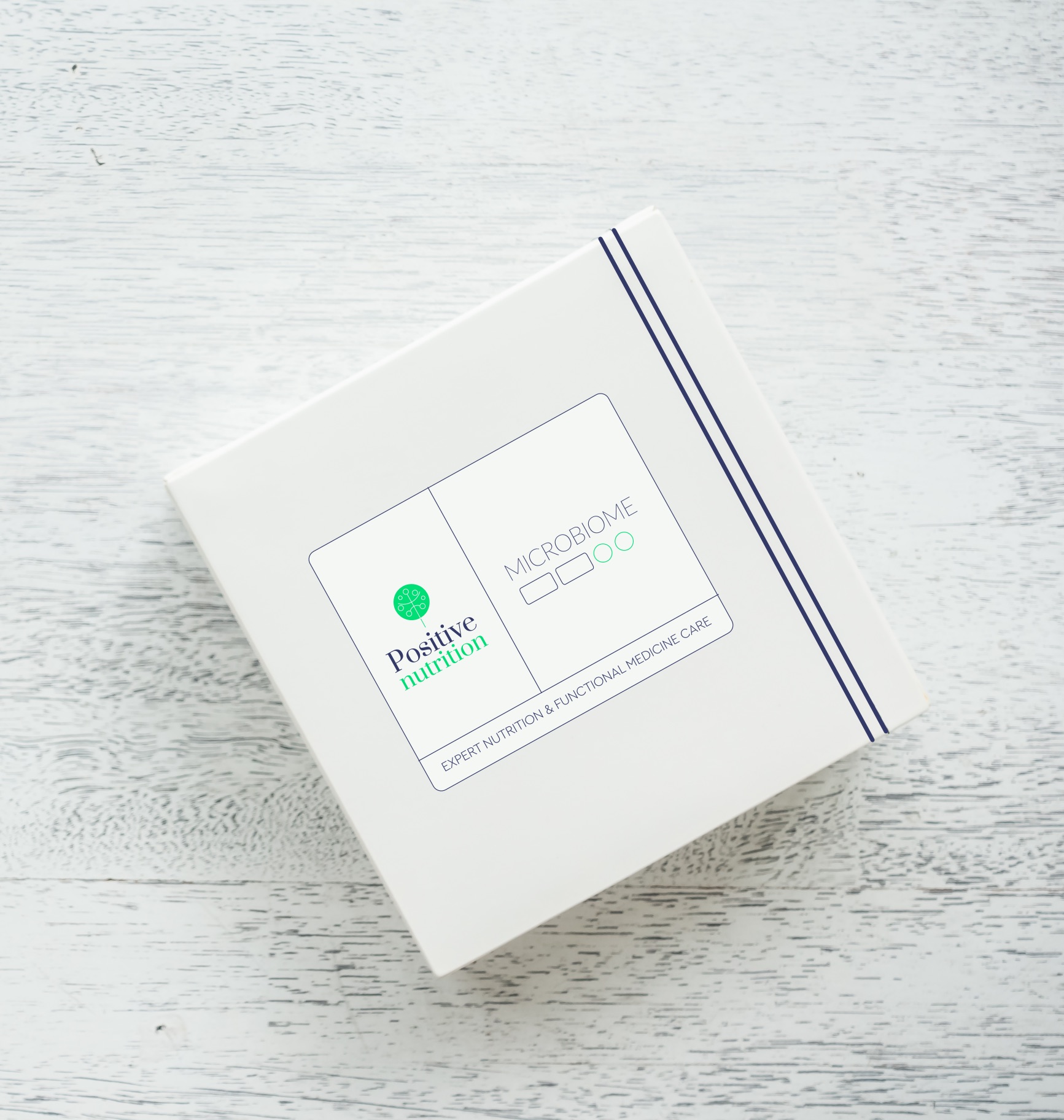Lactose Intolerance Test


Lactose Intolerance Test
€190.00
Lactose intolerance occurs when you lack the digestive enzyme used to breakdown lactose, the natural sugar in milk and dairy products. Symptoms include bloating, gas, diarrhoea, digestive discomfort and fatigue.
Who can benefit from this test?
Your nutritionist may recommend this test if you have:
- Digestive issues including reflux, irritated stomach or bowel, distension or bloating, cramps, diarrhoea or loose stools, less commonly constipation
- Suspected reactions to dairy containing foods
- Unexplained fatigue, brain fog, or weight loss
- Other digestive conditions that can lead to damage to the digestive process such as coeliac disease, SIBO and inflammatory bowel diseases such as Ulcerative Colitis or Chron’s Disease

Learn More about our Lactose Intolerance Test
Breath test (in clinic or at home)
The breath test works by measuring the gas production by bacteria in response to lactose ingestion.
A test sample of lactose (a sweet liquid) is consumed. If you do not have the enzymes to break down the lactose, it will travel to your large intestine. When your natural bacteria come into contact with this liquid, they will ferment the sugar and produce gas. This goes into your bloodstream and out in your breath.
This test measures:
- Hydrogen and methane gas production in by bacteria if they consume the undigested lactose
Goes well with:
- GI Ecologix
- SIBO test
Harry, 44, was a diagnosed coeliac that had avoided gluten strictly for over 20 years. He still suffered from bouts of digestive upset, significant bloating, gas and diarrhoea even when he was sure he had not come into contact with any gluten. He carried out a GI Ecologix test which detected a low level of inflammation and some bacterial dysbiosis.
He also carried out a lactose intolerance test as he noted that his symptoms were worse with dairy. He was positive for lactose intolerance and began to use lactose free products and dairy alternatives.
He was following a personalised protocol to improve his overall gut health and found that he could then tolerate smaller amounts of dairy, once his overall diet and lifestyle were good.